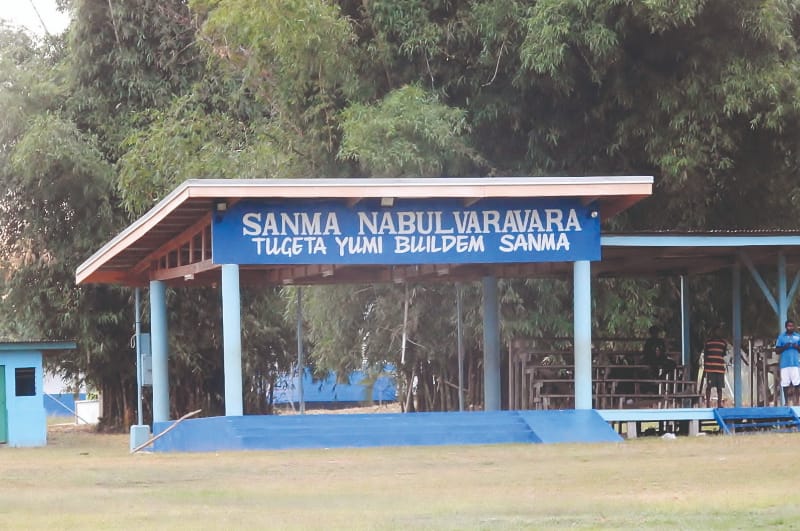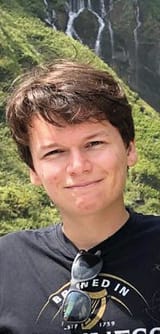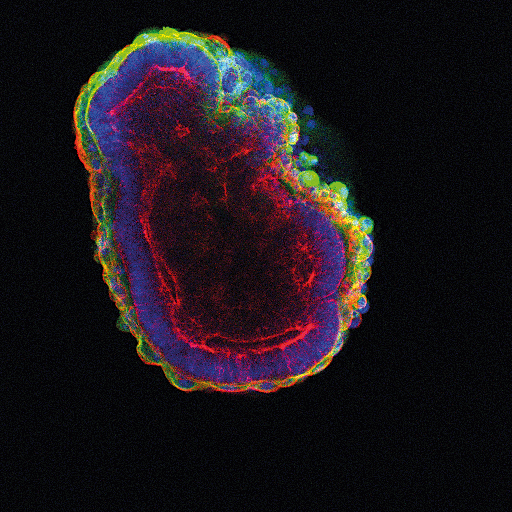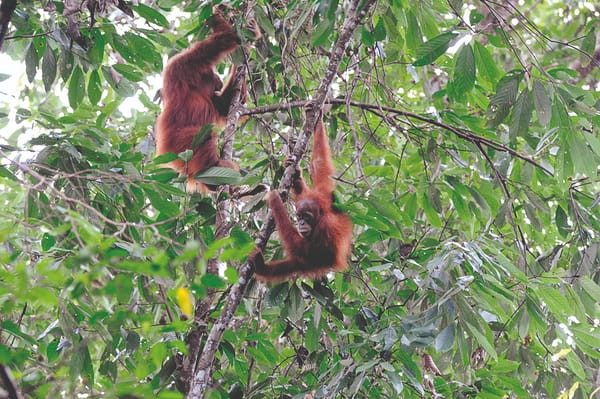Words and genes
The fascinating genetic history of the Vanuatuan communities has finally been mapped, and it is much more surprising than previously expected.

Language and genetics do not usually go hand in hand in human history. Languages are, if anything, an instrument for domination – the epitome of international prestige as well as commercial and political supremacy. As the scholar of Yiddish Max Weinreich once said: “a language is a dialect with an army and a navy”. Empires rise and impose their speech on the individuals they conquer, a speech that is usually forgotten or radically changed when the next generation of conquerors fall on the shell of a state that has initiated its decay. This process happened in Britain, which lost its own homegrown dialect of Latin when the Anglo-Saxons came to the island; or can be seen in Turkey, where Greek lost its place to a language that was first spokes in the vast steppes of Siberia. But while languages change, the people do not. Many modern British citizens are direct descendants of the worshippers of Stonehenge and Turks from the soldiers that gave Byzantium its greatest glories. However, while their languages faded, the continuous genetic link was untouched, and the newcomers provided only negligible amounts of new genetic material. Until now, this was believed to be a universal phenomenon, the only exceptions being the colonization of America and Australia, which resulted in both tremendous genetic and linguistic changes. And then, the whole scheme fell apart in Vanuatu.
“Over 100 languages are spoken by the population of 270,000 on Vanuatu”
Vanuatu is an island country in the Western Pacific. Not many people know that the small nation is one of the most linguistically diverse places in the world: 113 languages are spoken by a population of around 270,000. All the indigenous languages of Vanuatu belong to the Austronesian family, a group of languages that stretches from Madagascar to Easter Island, including Malay, Tagalog, and Maori. More than 6,000 years ago, the Austronesian peoples left Taiwan to colonise the Indonesian archipelago. From there, they spread west to Madagascar and east to the islands that neighbour New Guinea – Vanuatu being among them. The group that moved East gave origin to the Lapita, the ancestors of the famed Polynesians who explored the Pacific from Hawaii to New Zealand. Thus, as Vanuatu is the focal point of the Lapita expansion, it should be expected that Vanuatuans are genetically close to other Polynesian peoples. Instead, they are very similar to inhabitants of New Guinea, who speak a completely different group of languages. This is not a strange occurrence in history; as explained before, conquerors usually impose their languages. It would not be farfetched to think that the original Papuan inhabitants of Vanuatu were invaded by a wave of Austronesians. Vanuatu would then be another case of language replacement; however, the people would still be the same. Except, this time, it was the other way around.

When researchers from the Max Planck Institute of Human History recently analysed the remains of the earliest inhabitants of Vanuatu, they found that they were indistinguishable from the individuals taken in Lapita burial sites from other Pacific islands, and quite different from the modern Vanuatuans. In other words, it seems that Vanuatu was colonised by the neighbouring Papuans who imposed their genetic legacy – itself an event that occurs rarely in human history. What is more astonishing is that the conquerors adopted the language of the people they replaced. This phenomenon is unprecedented in history, and points to slower but steady process of conquest. At first, only a few Papuans moved to the islands, and some adopted the language of the original inhabitants. As the flow of Papuans increased, there was a gradual change in the genetic make-up of the population of the islands, but the languages remained the same. After thousands of years, the genetic heritage of the Austronesians had all but disappeared, but their language remained, spoken by the people that had replaced them.
The special case of Vanuatu shows facts that have been long held as universal in the study of human populations are not as true as once thought. The complex relationships between human populations are still far from understood, and there are probably still many Vanuatus in the most remote parts of world, waiting to be discovered. Who knows what other long held foundations of anthropology could be torn to shreds.








